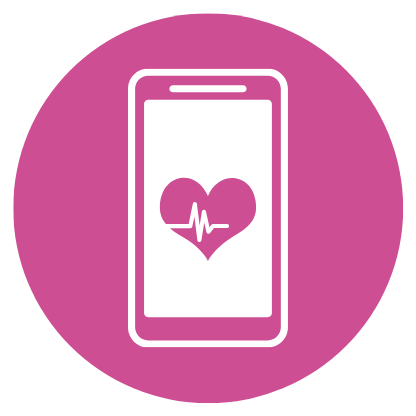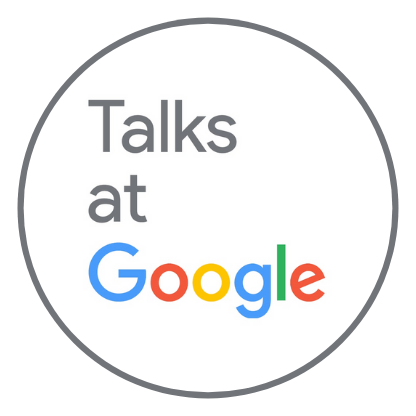Livewired: Ever-Changing Brain | David Eagleman | Talks at Google
Reference: Talks at Google. (2020, September 03). Livewired: The Inside Story of the Ever-Changing Brain | David Eagleman | Talks at Google [Video]. YouTube.
We Make Your Education Count








 36 Creds - Health
36 Creds - Health



